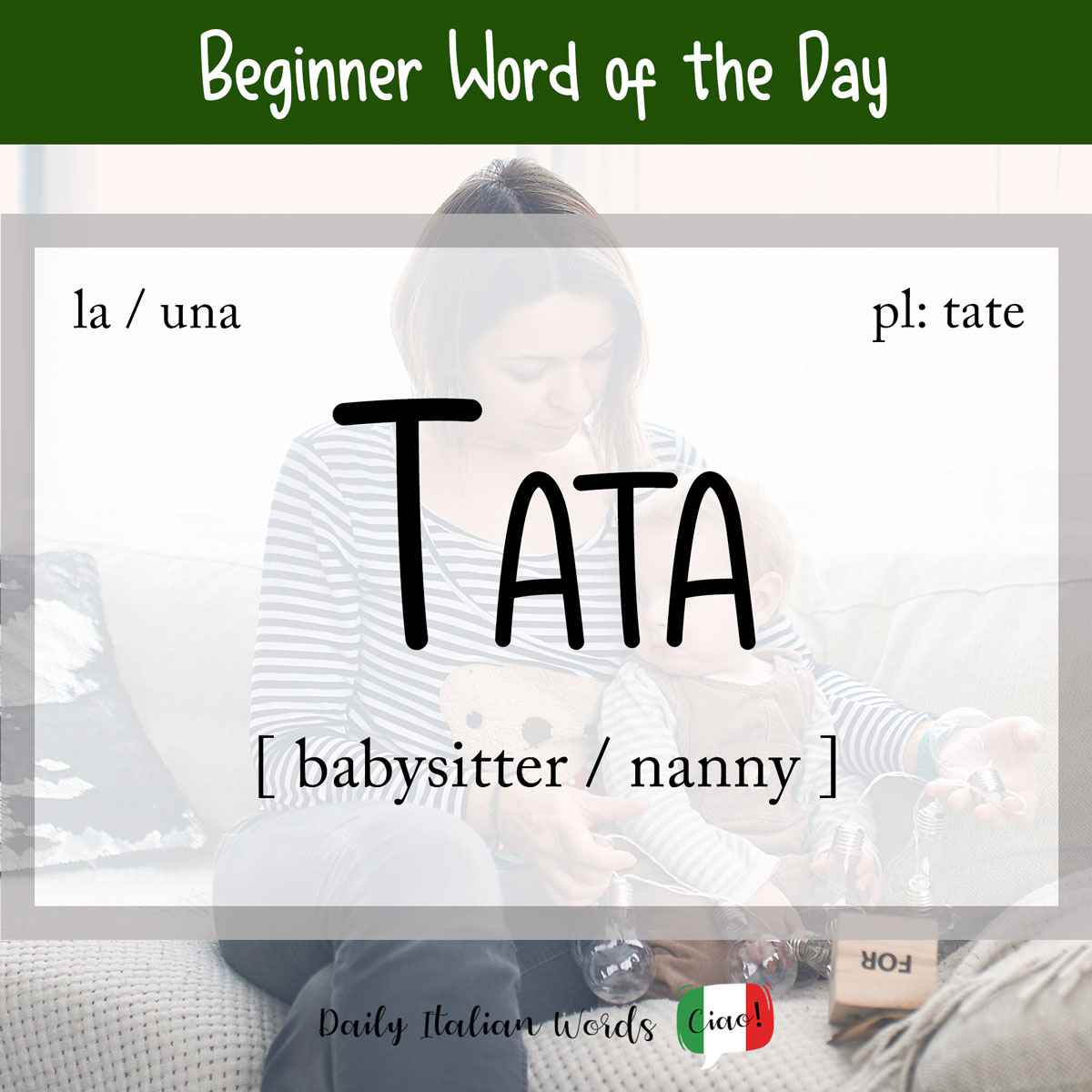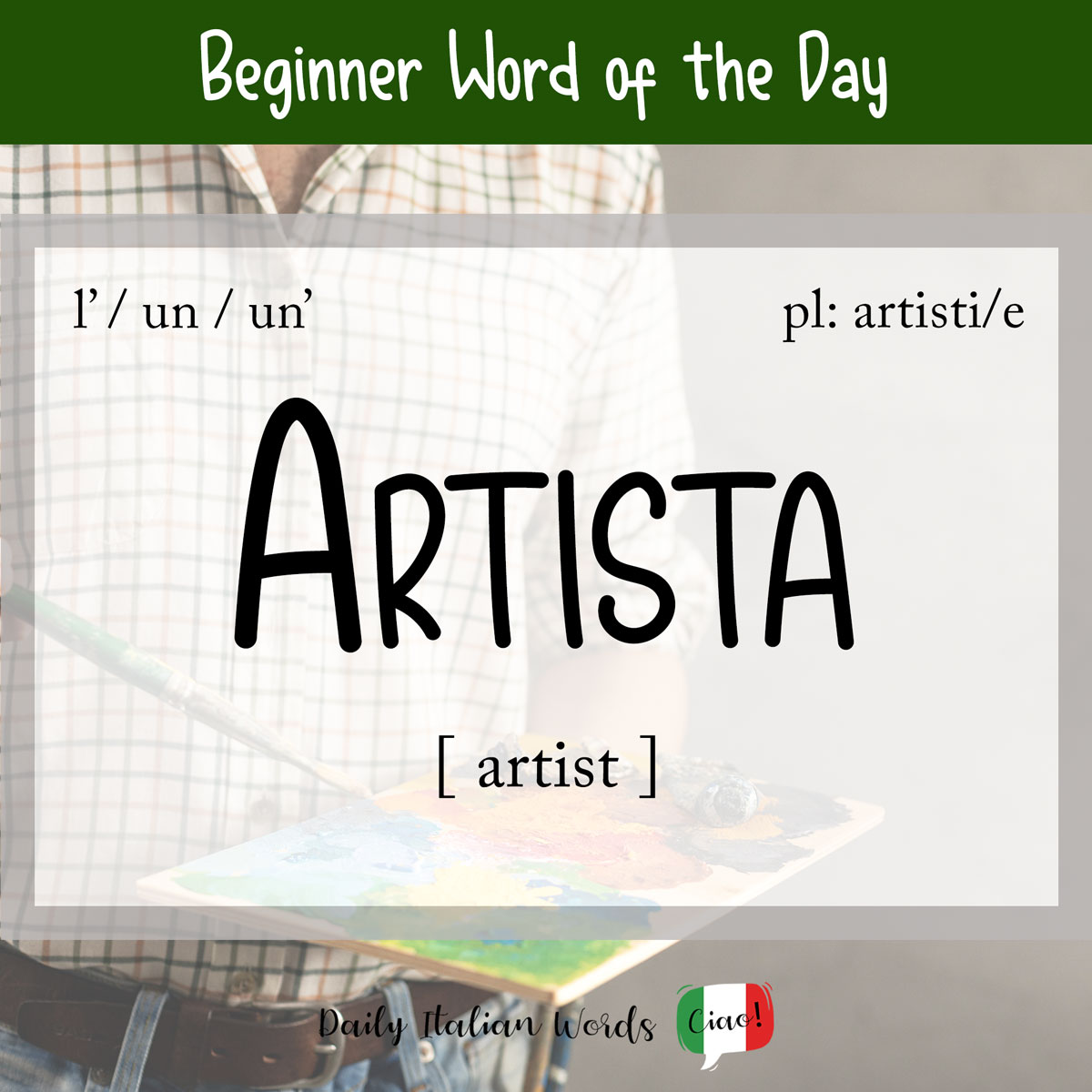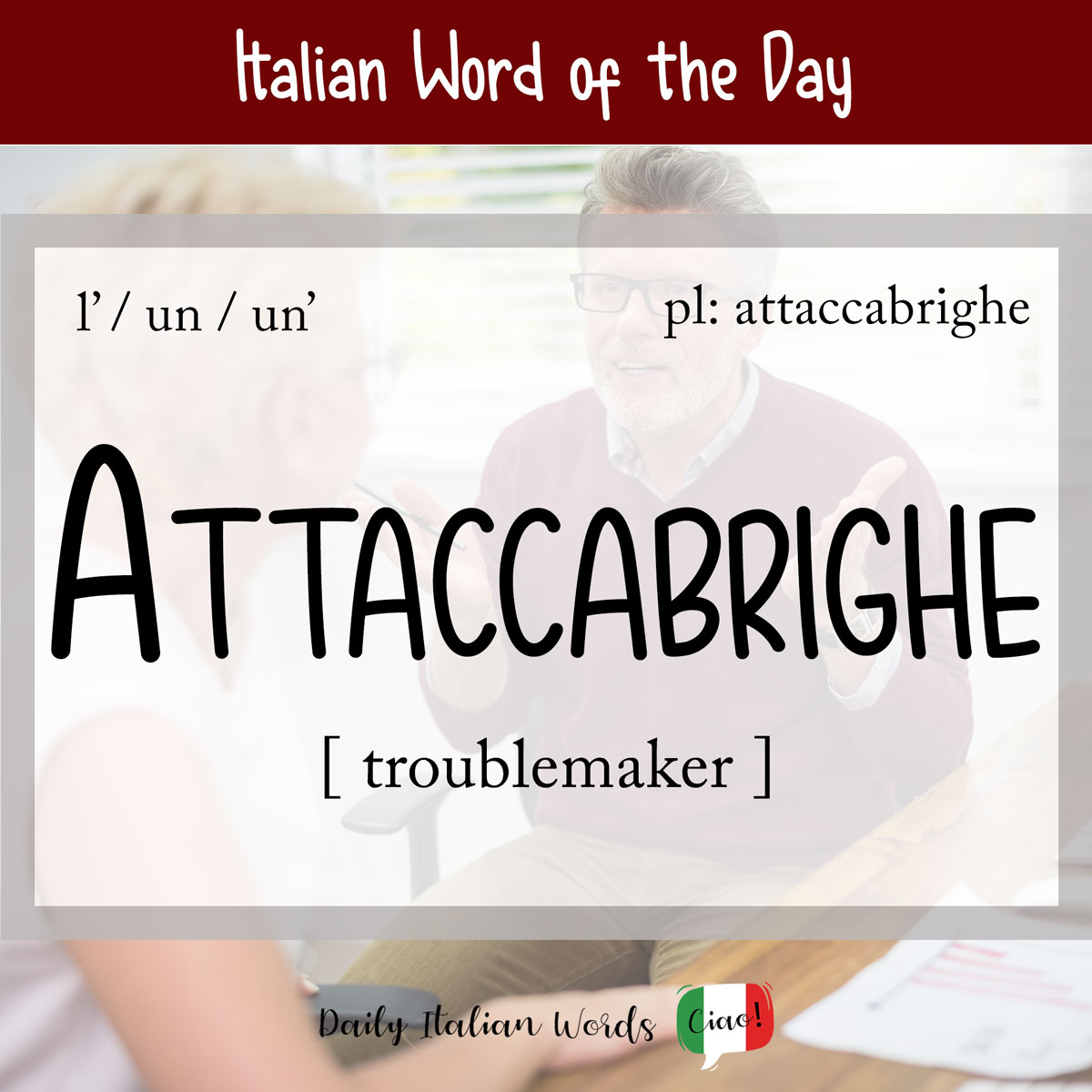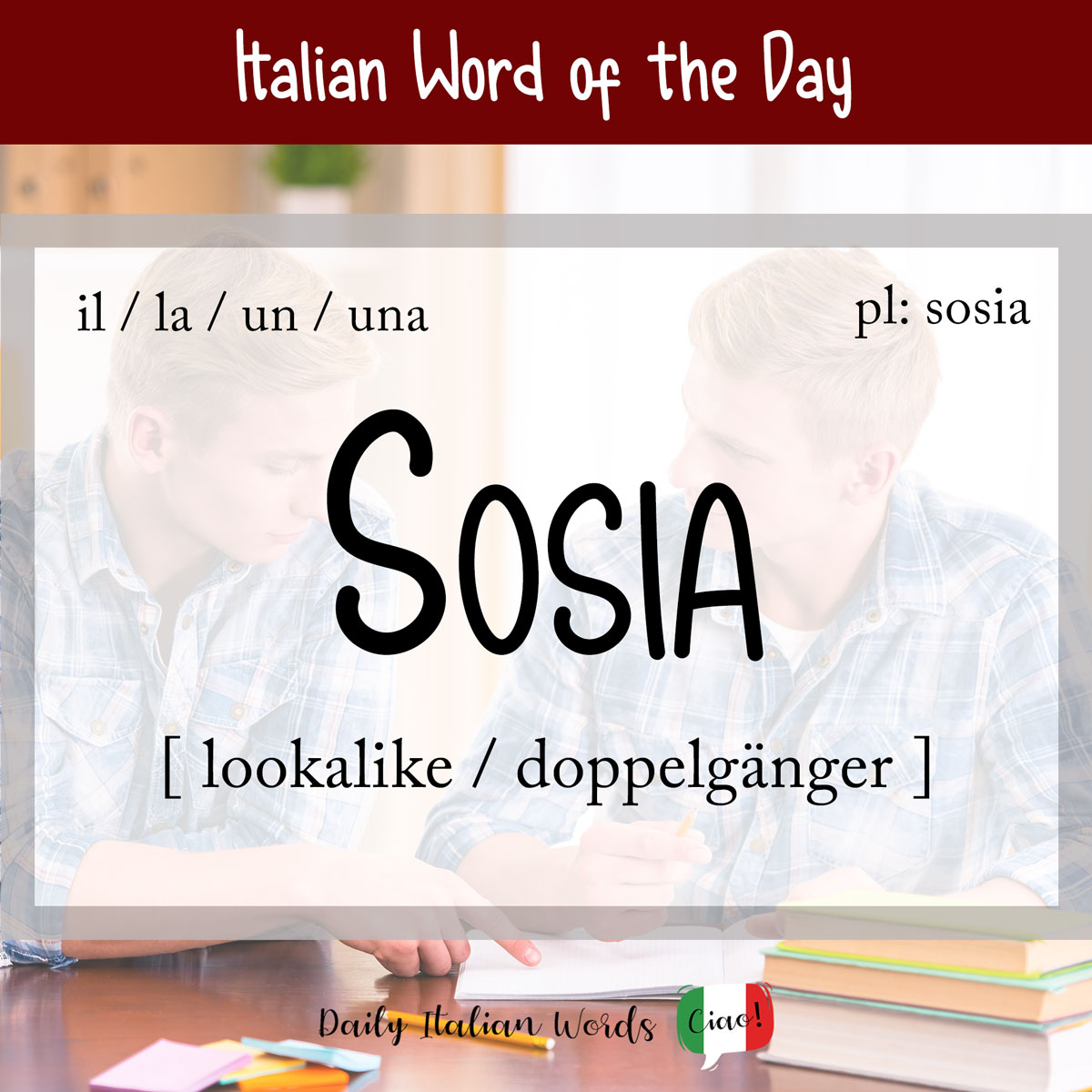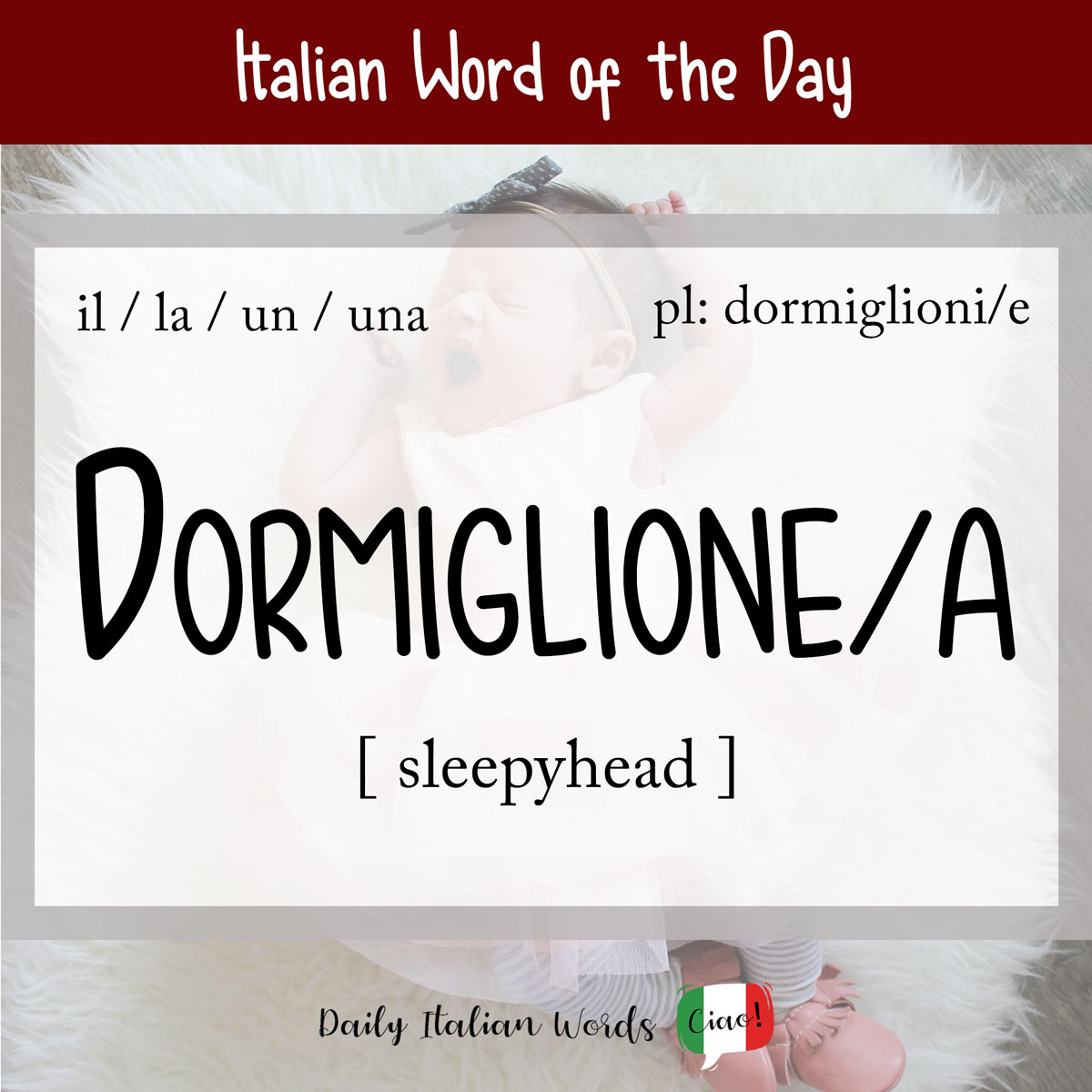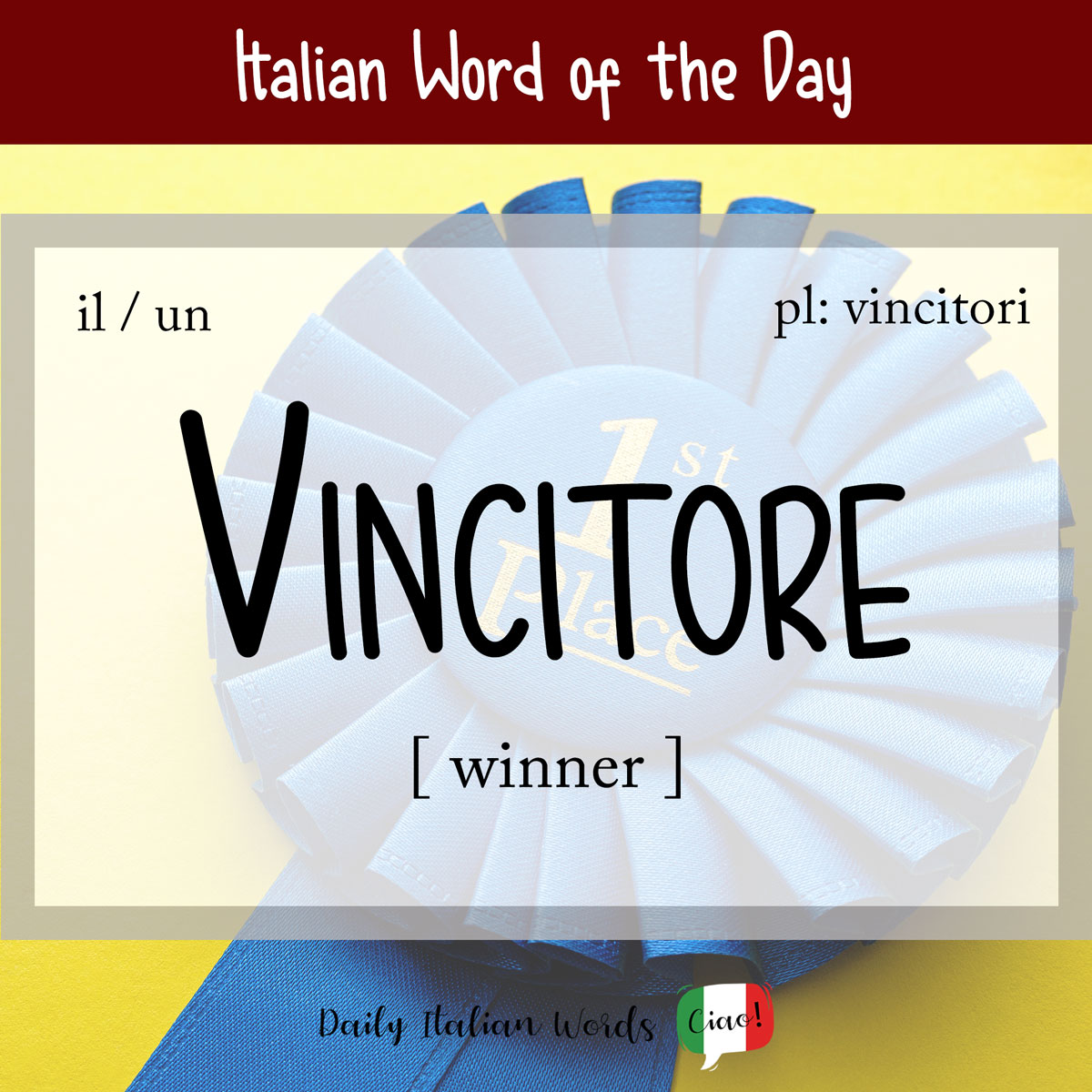Italian Word of the Day: Tata (babysitter / nanny)
The generic word used to indicate any woman, other than the mother, who takes care of a child is tata (feminine, plural: tate) in Italian. Some possible translations in English include babysitting, nanny and childminder. Usually, tata denotes a woman whose full-time profession is childminding, rather than a teenager or young woman who occasionally babysits. …

